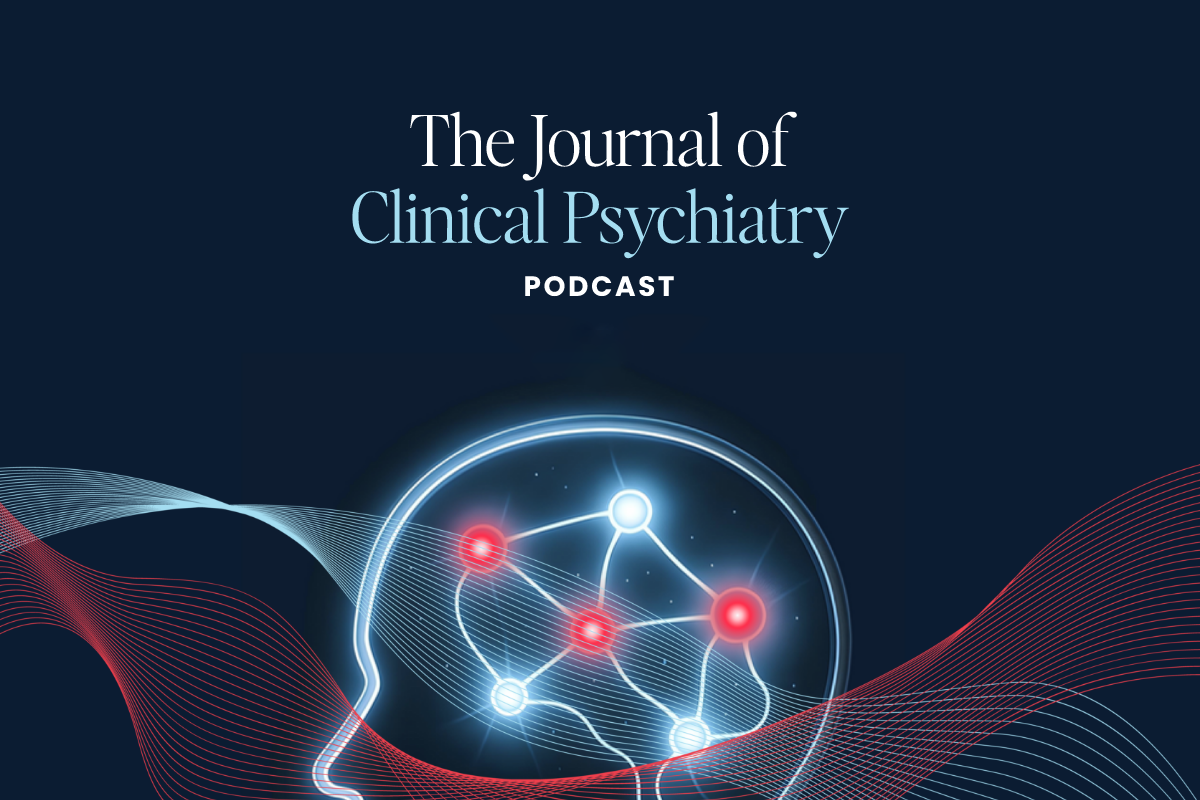Diagnostic tools for complex conditions like myalgic encephalomyelitis/chronic fatigue syndrome (ME/CFS) have been elusive. But a novel approach highlighted in a recent study has the potential to someday transform ME/CFS diagnosis and patient care.
ME/CFS is characterized by debilitating, yet unexplained, fatigue that profoundly impacts patients’ lives. Symptoms usually include sleep disorders, difficulties with concentration and memory, and persistent muscle or joint pain.
According to the U.S. Centers for Disease Control and Prevention (CDC), ME/CFS affects up to 2.5 million Americans. However, it’s likely that the number is much higher. Many cases go unrecognized due to the complexity of the condition. Diagnosis has relied on patient self-reporting and ruling out other causes for exhaustion. Some patients search for years and never get definitive answers.
A Protein That Zaps Cellular Energy May Underlie Chronic Fatigue
Treatment Modalities for Chronic Pain in Elderly Depression Patients
Electroconvulsive Therapy as a Treatment for Somatization Disorder
A New Approach
Scientists aren’t clear what causes chronic fatigue, but some evidence suggests it may be energy malfunction at the cellular level. Because there was no existing way to accurately measure cellular energy levels, the Advanced Science study looked for a new way to test the theory.
Using a technique known as the single-cell Raman platform, a specialized analytical tool that blends sophisticated spectroscopy with artificial intelligence, they were able to analyze the blood cells from 98 human subjects, including 61 ME/CFS patients of varying disease severity and 37 healthy and disease controls, in great detail. Raman platform methods have been widely used in tasks like fingerprint analysis but rarely used in medical testing.
The University of Oxford-led research team focused on a blood cell type known as Peripheral Blood Mononuclear Cells, or PBMCs for short. PBMCs are a critical component of the immune system, serving as frontline defenders against infections and inflammation. In the context of chronic fatigue, PBMCs were of particular interest to the scientists because they could potentially serve as a biomarker for the condition. In fact, the study found clear differences in PBMC activity between patients with ME/CFS and healthy controls.
Unprecedented Accuracy
The Raman profiles distinguished between healthy individuals, disease controls, and ME/CFS patients with a 91 percent accuracy. The test was so sensitive it was even able to differentiate between mild, moderate, and severe ME/CFS patients.
This level of precision could be a game-changer, the researchers said. For a condition often considered purely psychological, a reliable blood test could take the guesswork out of diagnosis. Having an objective biomarker could reinforce the reality of the illness and lend credibility to the patient experience.
Verifiable diagnostics could also enable early and more effective intervention. Because the research explored the underlying molecular mechanisms of ME/CFS, it offered insights into the very nature of the condition. This could be the key for developing targeted therapies. By identifying specific gene expression patterns, clinicians might be able to tailor treatment plans to address the unique biological profiles of each individual patient.
Beyond ME/CFS
The researchers noted that these results don’t just apply to ME/CFS either. The methodology could lead to definitive assessments in other chronic conditions that share similar diagnostic challenges. For example, many people with long COVID experience symptoms remarkably similar to ME/CFS. And Lyme disease, rife with fatigue-related symptoms, has its own set of diagnostic hurdles.
The study results mark a significant step forward in understanding ME/CFS, but the researchers caution that it’s not a panacea. At least not yet. They said that they need further validation in much larger cohorts before any tests can be widely implemented. But in the short term, their work does offer realistic hope for a reliable diagnostic tool in chronic fatigue conditions.



